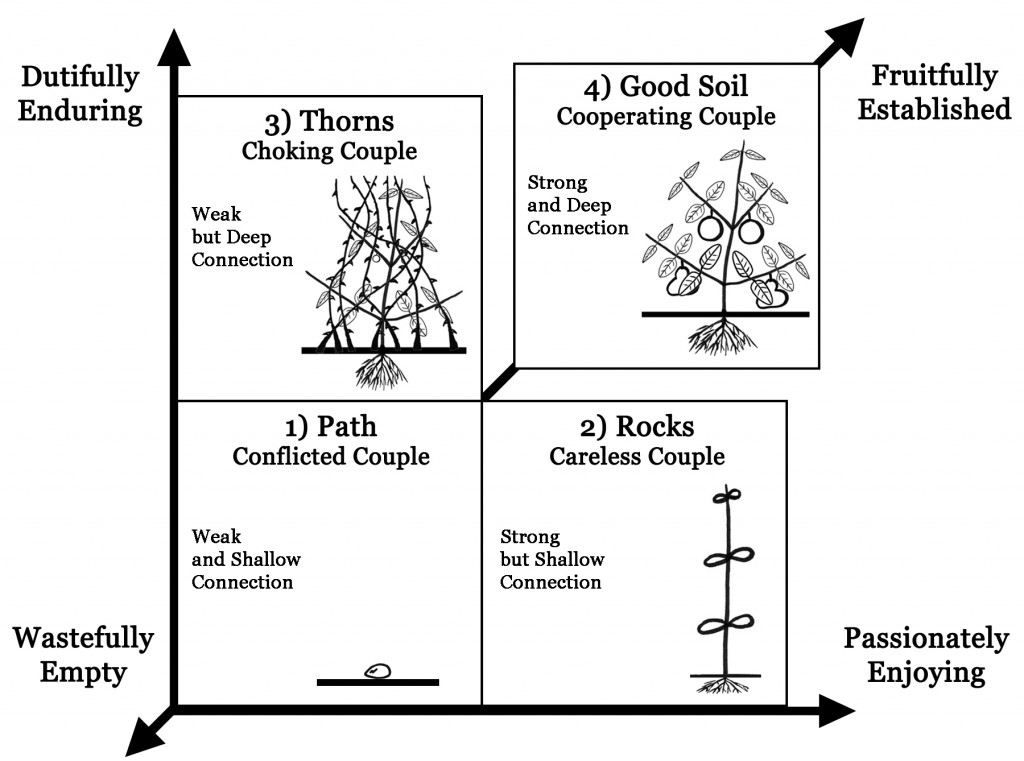Repentance and Forgiveness Pave the Way for Reconciliation
Every person wounded by a broken relationship longs for healing. But reconciliation requires two movements: forgiveness from the offended, and repentance from the offender. Only when these meet—both prompted by God’s Spirit—can true restoration take place. Reconciliation is not simply the absence of conflict—it is the presence of renewed trust, where two hearts are brought together under God’s mercy.
What is Repentance?
While the offended forgives, the offender repents. This is the only way to fully reconcile a relationship. Repentance does involve behavior change, but it must include more to be genuine. Repentance is more than saying, ‘I’m sorry.’ It is a Spirit-enabled surrender that opens the heart to God, allowing Him to change it from within. Without this inward surrender, our words may only mean, “I’m sorry I got caught.”
Paul reminds us that godly sorrow produces repentance leading to salvation, while worldly sorrow leaves us empty and unchanged. Worldly sorrow focuses on consequences—fear of punishment, embarrassment, or loss of reputation. Godly sorrow, however, grieves the offense against God Himself and longs for restoration. 2 Corinthians 7:10 says, “Godly sorrow brings repentance that leads to salvation and leaves no regret, but worldly sorrow brings death.”
Repentance: The Pain of an Inward Look
Looking inward is a necessary but uncomfortable part of repentance. Pride that shields our heart must be confronted and broken. This requires courage. Genuine repentance involves wanting to be good, not only acting good. We cannot be good on our own, so this is where God’s grace is needed.
God, in His mercy, allows circumstances strong enough to dismantle our defenses—but gentle enough to preserve relationship. He wounds in order to heal, and He breaks in order to rebuild. Proverbs 27:6 says, “Wounds from a friend can be trusted…”
Reflections
Voices across history remind us that repentance is not weakness, but God’s way of making us holy.
Truly it is an evil to be full of faults, but it is a still greater evil to be full of them and be unwilling to recognize them.
Blaise Pascal
Christ accepts us as we are, but when He accepts us, we cannot remain as we are.
Walter Tobisch
For deeper study, R.T. Kendall’s Total Forgiveness explores what forgiveness is—and what it is not. Phillip Yancey’s What’s So Amazing About Grace paints a compelling picture of forgiveness with no strings attached.
David’s Prayer of Repentance
Have mercy on me, O God,
Psalm 51:1-6 ESV
according to your steadfast love;
according to your abundant mercy
blot out my transgressions.
Wash me thoroughly from my iniquity,
and cleanse me from my sin!
For I know my transgressions,
and my sin is ever before me.
Against you, you only, have I sinned
and done what is evil in your sight,
so that you may be justified in your words
and blameless in your judgment.
Behold, I was brought forth in iniquity,
and in sin did my mother conceive me.
Behold, you delight in truth in the inward being,
and you teach me wisdom in the secret heart.
David’s prayer reminds us that repentance is possible when we:
- recognize that we are born in sin, unable to repent from the heart without God’s intervention
- surrender to God’s mercy – meaning – we are pleading for something we don’t deserve
- accept God’s transformative power, making us more like Him
Repentance is not a burden but a pathway to renewal. When we turn to God with honesty, He meets us with mercy that restores and joy that heals. His grace accomplishes what our strength never could, opening the way to reconciliation that brings lasting peace and hope. Is there a place in your life where you long for His cleansing touch, so reconciliation can bring peace and freedom once more?
Last Modified 20251207









